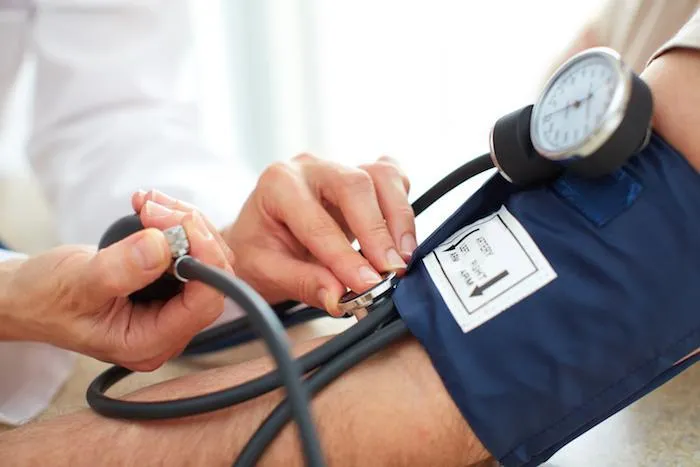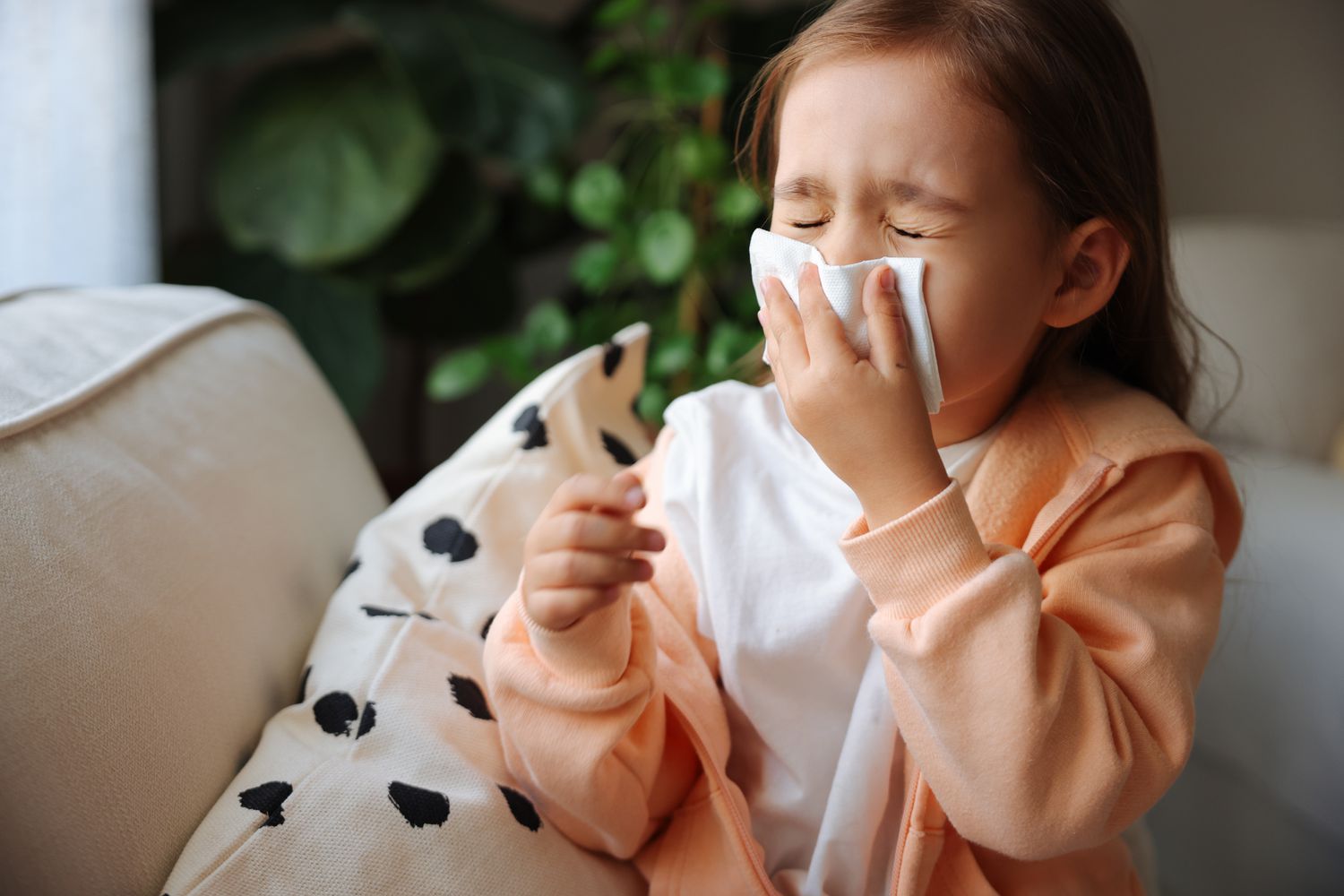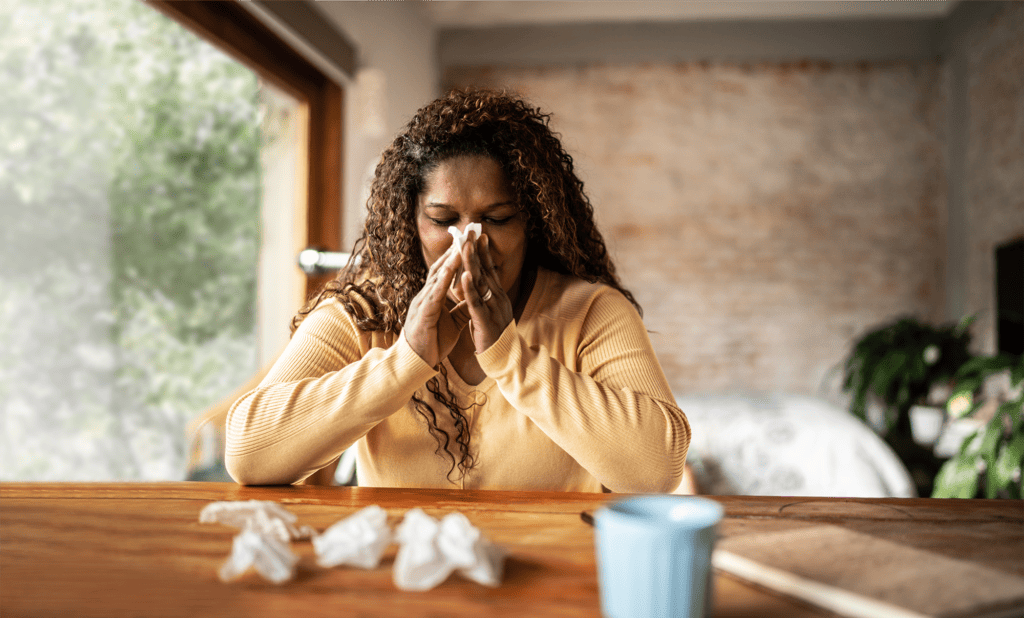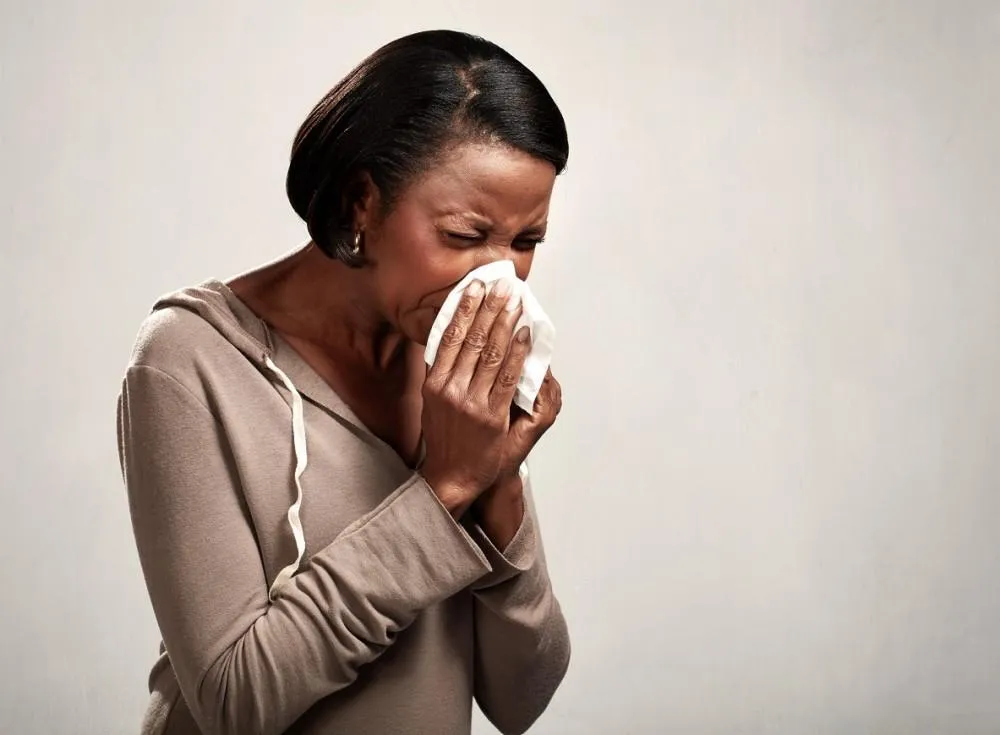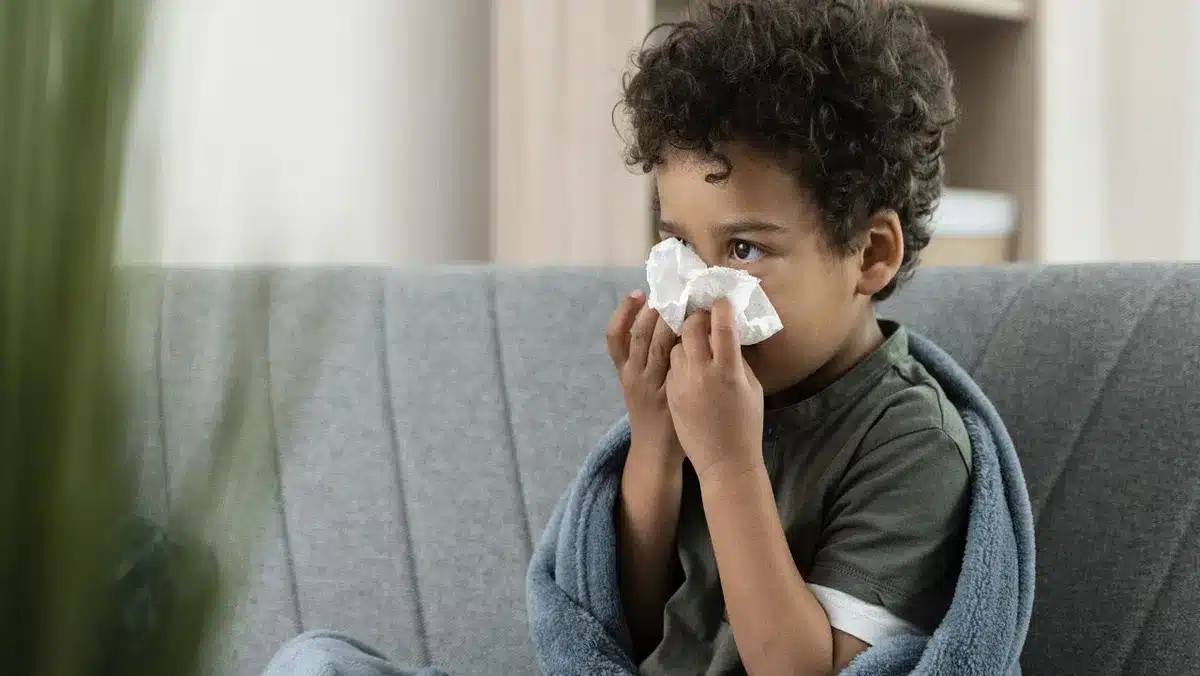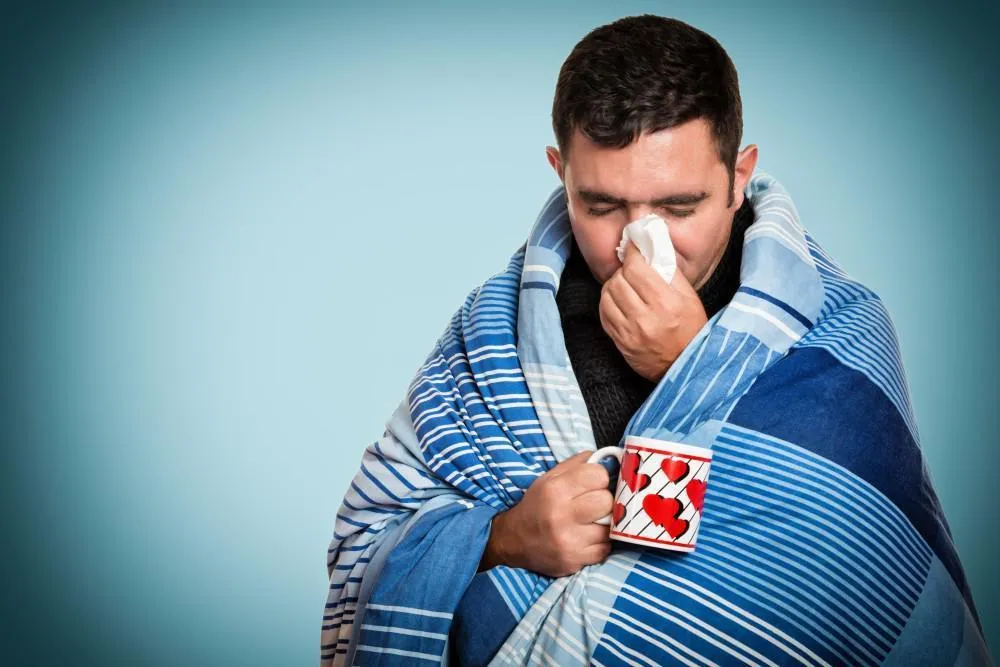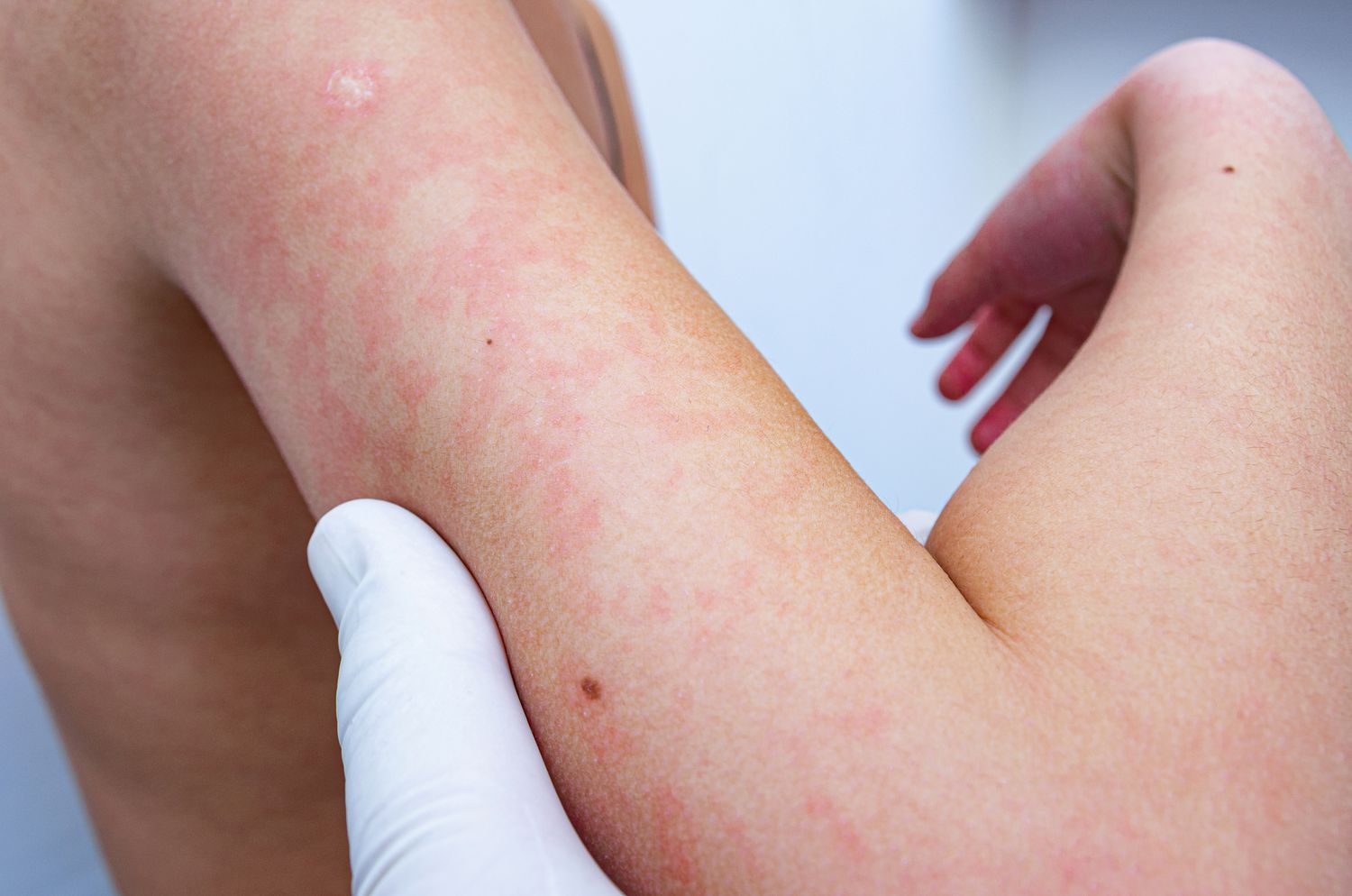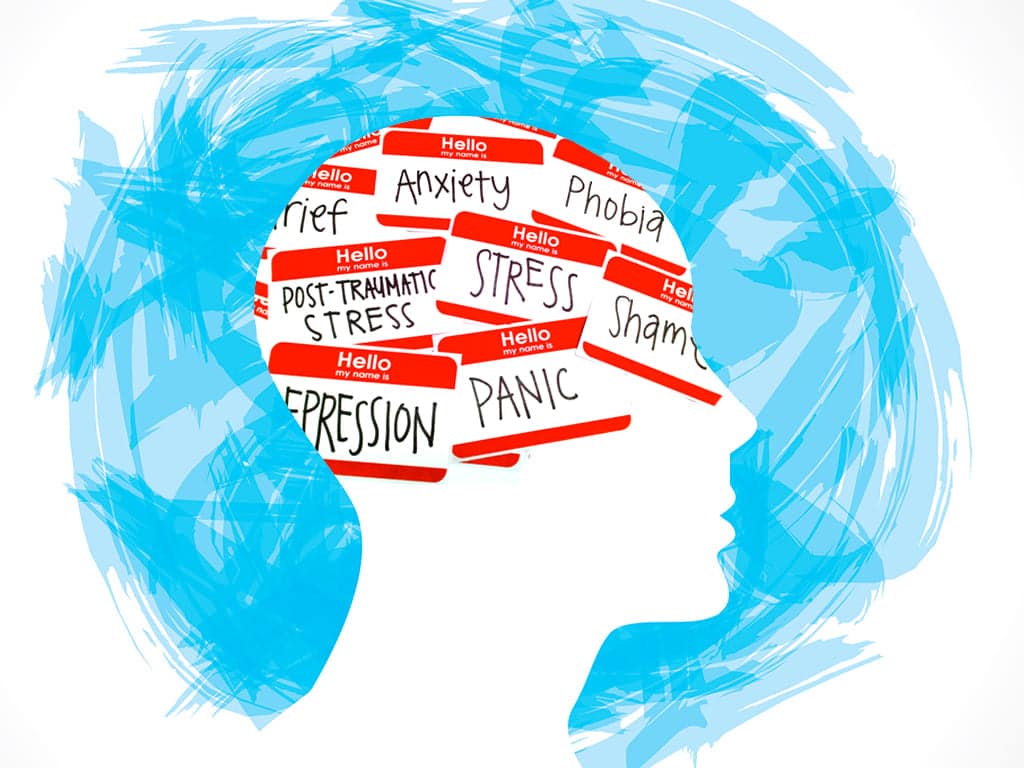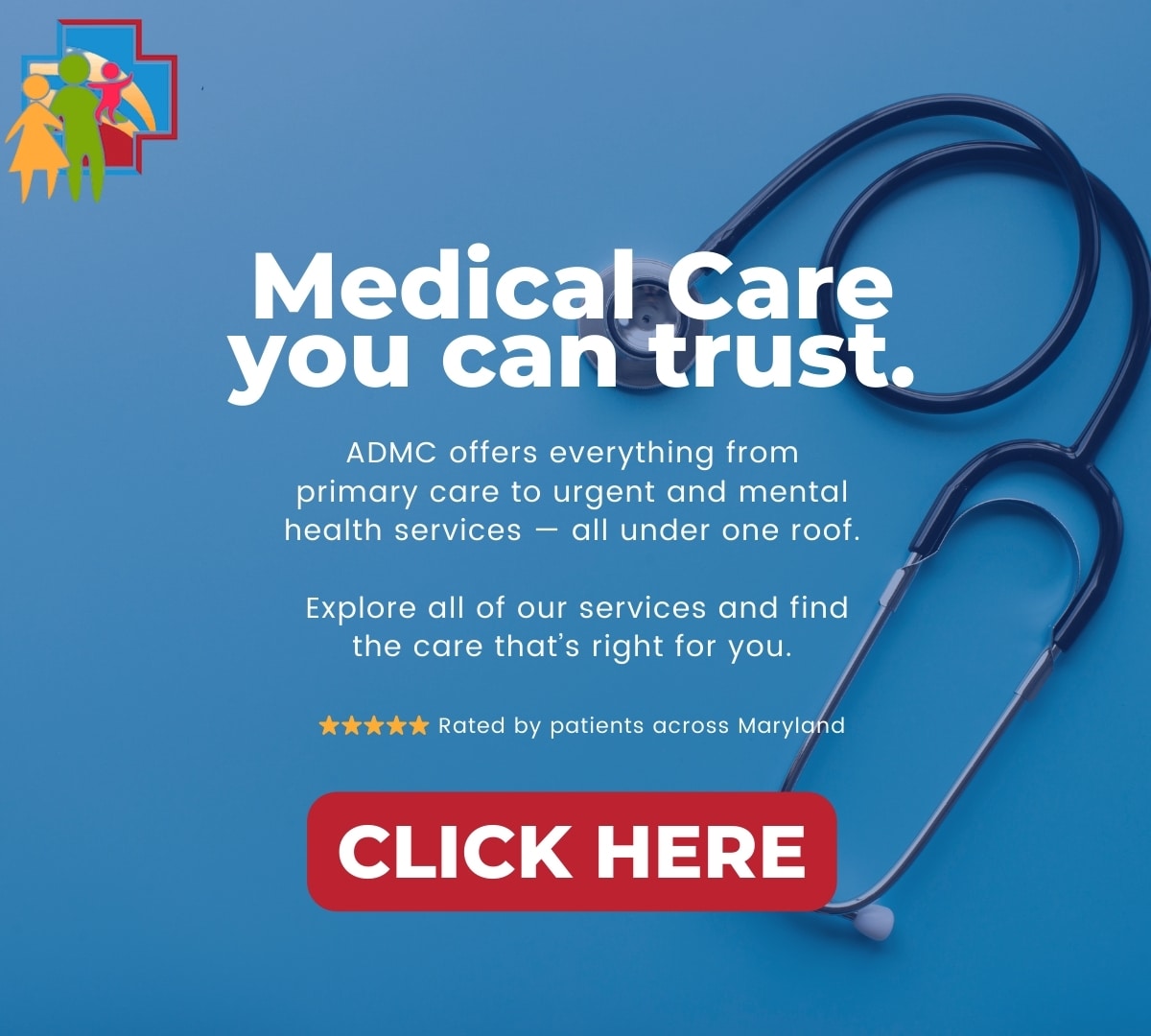How to Cope with Chronic Illness During the Holiday Season

The holiday season is always associated with joy and happiness, but for people with chronic conditions, this time can be a challenge. According to research, about 60% of adults worldwide suffer from chronic conditions. During the holiday season, you should find effective ways to cope with chronic illness because the stress on the body can increase due to changes in daily routines, stress, overeating and other factors.
The holiday season can be a stressful time for anyone, but it’s particularly challenging for those managing chronic illnesses. The added stress of holiday planning, financial pressures, and the need to be active and joyful can have a negative impact. To stay calm it is recommended to apply different techniques, among which meditation and relaxation are the most suitable.
The holiday season can exacerbate mental health issues for individuals with chronic illnesses. The National Alliance on Mental Illness (NAMI) reports that about 65% of people experience worsening symptoms during the holidays due to increased stress and pressure to participate in social activities, which can lead to feelings of loneliness, anxiety, and depression.
8 Tips Coping with Chronic Illness During the Holidays
The holidays are about joy and spending time with loved ones. By planning, communicating openly, and prioritizing your health, you can create a meaningful and fulfilling holiday season without sacrificing your well-being.
Coping with chronic illness during the holiday season is essential for several reasons. Firstly, the holidays often bring increased social activities, travel, and stress, which can exacerbate symptoms of chronic illnesses. Managing these factors is crucial to maintaining one’s health and preventing flare-ups. Secondly, the holiday season is typically associated with indulgent food and drink, which can negatively impact chronic conditions such as diabetes or cardiovascular diseases. Adhering to dietary guidelines and monitoring health indicators is important to avoid complications.
Additionally, emotional stress and fatigue are common during the holidays due to the pressure of social obligations and the emotional strain of dealing with chronic illness. This stress can weaken the immune system and worsen symptoms. Prioritizing rest and self-care helps in managing these stressors effectively. To be more confident, it is recommended to keep in touch with your doctor even during the holiday season. This way, you will be sure that you will receive help in critical situations, and you will spend the holiday season in peace and without damage to your health.
How do you survive holidays with chronic illness? Ultimately, effective management of chronic illness during the holidays enables individuals to enjoy the festivities while maintaining their well-being. By planning ahead, setting realistic expectations, and seeking support, those with chronic illnesses can participate in holiday activities in a way that supports their health and happiness. So, let’s take some healthy lifestyle advice.
Prioritize Rest and Relaxation
The holiday rush can be exhausting. Make sure you include rest breaks in your schedule. Even if you don’t feel tired for an extensive period, you shouldn’t change your routine. Listen to your body and take naps or rest when necessary to avoid overexertion.
Holidays can be stressful, and only therapy for chronic illness can offset its effects on our minds. Don’t forget to take your medications and your routine, prioritizing your health is the most important step to being able to participate in the holidays.
The holidays should bring pleasure and joy, and if they are associated with stress and tension – you should definitely make a change. Don’t change your routine, even if you really want to! Lack of sleep can worsen symptoms and decrease your ability to cope with stress. Schedule rest breaks throughout the day, especially if you’re attending multiple events or traveling. Listen to your body and rest when needed.
Plan Ahead
Make a task list to understand your workload and, if possible, delegate some responsibilities to family members. Put your health and well-being ahead of your responsibilities and make the holiday season as comfortable as possible.
It’s important to plan for the key moments of the holidays with chronic illness. Don’t forget your doctor’s appointments and make sure you have all the necessary medications on hand for the holidays. How often should you have a physical? It depends mostly on your health condition, but at least one time per 3 months. With a detailed plan, you’ll avoid stressing out and won’t overlook important nuances.
Think through your behavior in case of emergencies, it is advisable to know in advance where you can call for help. Have a list of your medications and medical history readily available.
Manage Expectations
Managing expectations is crucial when coping with chronic illness during the holiday season. This time of year often brings heightened anticipation and a flurry of activities, which can be overwhelming for those with chronic conditions. Setting realistic goals and communicating openly with family and friends about your limitations can prevent disappointment and reduce stress.
Chronic illnesses can limit physical and mental energy. By managing expectations, you avoid overcommitting and overexerting yourself, which can lead to flare-ups or increased symptoms. High expectations can lead to stress and anxiety, which can worsen chronic conditions. Setting realistic goals helps maintain a manageable and stress-free holiday experience. Don’t be afraid to speak openly about your capabilities, even if you are ashamed to admit it.
Stay on Top of Medications
Missing doses or taking medications incorrectly during holidays with chronic illness can lead to severe health complications, particularly for chronic conditions like diabetes, heart disease, and asthma. Consistent medication use helps maintain the stability of your condition, preventing flare-ups and worsening symptoms.
Proper medication management reduces the risk of needing emergency medical care, which can be more difficult to access during the busy holiday season. Staying on top of your medications ensures you can enjoy the holidays with minimal health disruptions. Managing your medications effectively can reduce stress and anxiety about your health, allowing you to focus more on the joys of the holiday season.
Maintain a Healthy Diet
A balanced diet helps manage blood sugar levels, blood pressure, and cholesterol, vital for individuals with diabetes, heart disease, and other chronic conditions.
Nutrient-rich foods is one of the best ways to cope with chronic illness. It supports a strong immune system, especially during the colder months when illnesses are more prevalent. Eating a healthy diet ensures you have the energy to participate in holiday activities and enjoy time with loved ones. A nutritious diet can positively affect your mood and mental health, helping you cope with the stress and demands of the holiday season.
Mindful eating and portion control help prevent holiday weight gain, which can be difficult to shed afterward. Good nutrition contributes to overall health and well-being, allowing you to fully enjoy the holiday season without feeling sluggish or unwell.
Before attending gatherings, eat a small, healthy meal or snack to curb your appetite. This can prevent overeating and help you make better food choices. Watch your portion sizes – avoid overeating, which can have a negative impact on your holiday mood. It is better to try a variety of dishes, but a little at a time. Be mindful of desserts and high-fat dishes. Enjoy them in small quantities and savor each bite. Avoid empty calories in the form of alcoholic beverages and if possible, avoid junk and fatty foods altogether, even at the holiday table
The abundance of rich foods, sweets, and alcohol can pose challenges, but with mindful choices, you can enjoy the festivities without compromising your health.
Practice Stress Management Techniques
How do you survive holidays with chronic illness? The holiday period is always stressful, because you make a lot of plans and try to meet the expectations of loved ones. But do not get carried away in this desire to please everyone and watch your health. It’s a good time to take care of yourself, as the holiday season is one of the most stressful times of the year. The effects of stress on the heart can lead to increased blood pressure, heart disease, and even heart attacks, emphasizing the importance of effective stress management techniques. Very often the holidays bring with them emotional, financial and physical burdens, which means you need to try hard and carve out time for yourself and your health.
If you don’t enjoy the holidays, you will find it very difficult to get through the season. There are a variety of stress control techniques that can help you focus on your health.
How to avoid hypertension? Mindfulness and meditation can be a part of therapy for chronic illness. These practices will help you focus and control your emotions and help you deal with negative situations. Deep breathing exercises help to calm the nervous system and put your thoughts in order. Diaphragmatic breathing, 4-7-8, and box breathing can lower stress hormones and promote relaxation. Engaging in hobbies and activities you enjoy can be a great way to unwind. Whether it’s reading, crafting, playing music, or any other hobby, dedicating time to activities that bring joy can significantly reduce stress levels.
Managing stress is essential for maintaining mental well-being. Stress can exacerbate chronic illnesses and lead to other health problems such as high blood pressure, heart disease, and a weakened immune system. Effective stress management allows you to enjoy the holiday season and participate in activities with loved ones.
Seek Support
Think carefully about what you can do and refuse offers that may worsen your condition. If you don’t have the strength and can’t attend an event, just say “No”. Yes, it may be difficult, but it is necessary for your health. Families don’t always realize how difficult it is to live with a chronic illness, and before you make a decision, think of your health first, not the feelings of others.
Your refusal doesn’t mean you love your family any less. It means you are taking care of yourself, and saying no will make you feel better. Properly allocate your energy and time, and you’ll avoid fatigue and tension at family parties.
Don’t be afraid to talk about the help you need, especially if you feel depressed on holiday. Feel free to connect with friends and family for emotional support and to share your experiences. Communicate your needs and limitations clearly, and don’t hesitate to ask for help with tasks such as shopping, cooking, or decorating. If you communicate honestly, there is a very high possibility that you can get help when you need it.
The support group will be useful for those who are looking for companionship and understanding, who need to talk, and who are among those who will listen. These groups offer a platform to share experiences, exchange tips, and receive encouragement from others facing similar challenges.
Having a support system can significantly improve your emotional well-being and holidays with chronic illness would be calmer.
Seeking and accepting support can lead to a higher quality of life. It allows you to focus more on enjoying the holiday season and less on the stress and challenges associated with your illness.
Seeking support during the holiday season is crucial for those with chronic illnesses. Whether through family, friends, support groups, or professional help, having a strong support network can alleviate stress, improve health management, and enhance overall well-being. Don’t hesitate to reach out and make use of the resources available to you.
Conclusion
Prioritize your health and well-being this holiday season. Seek the support you need at All Day Medical Care Clinic to manage your chronic illness effectively. Consider visiting our chronic disease management clinic to receive specialized care and support tailored to your needs for a healthier, more fulfilling life. Reach out to family, friends, and healthcare professionals to ensure you enjoy the festivities with peace of mind. Take the first step towards a healthier, happier holiday



